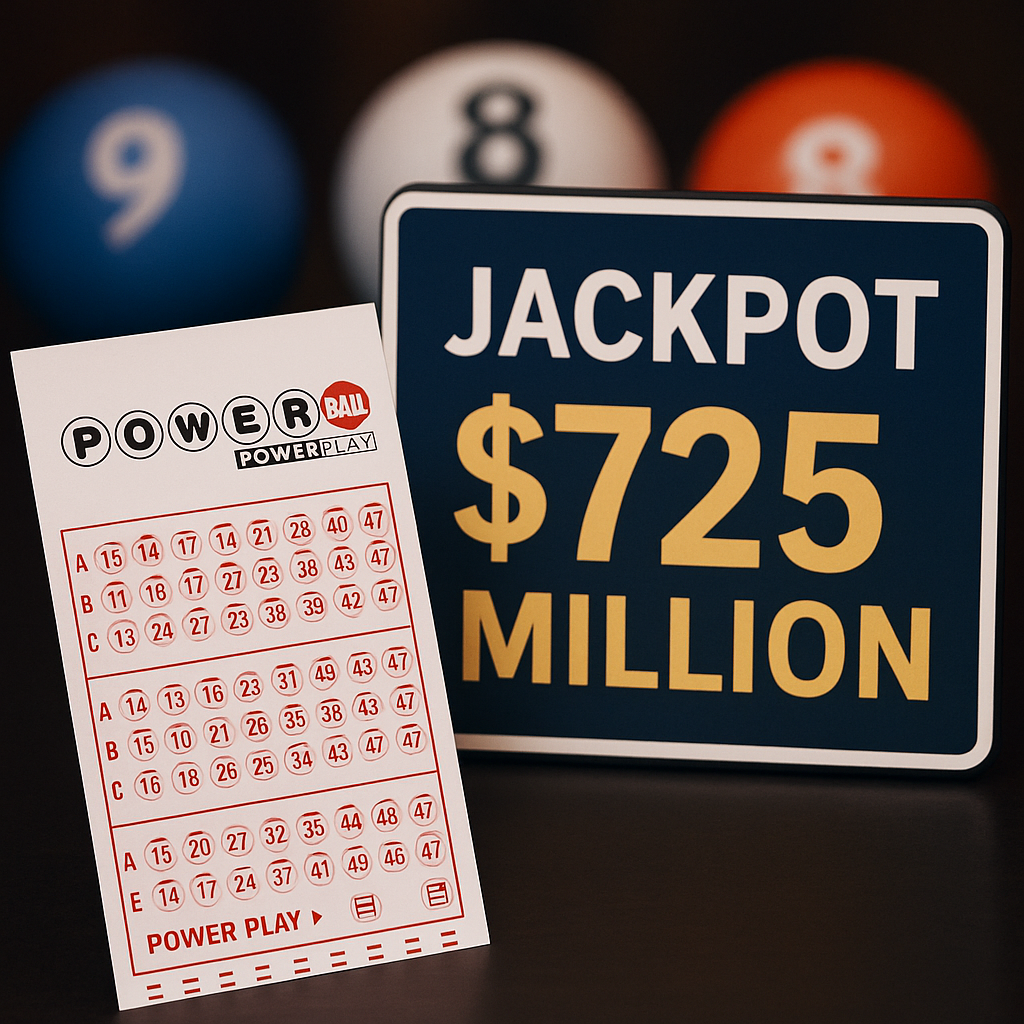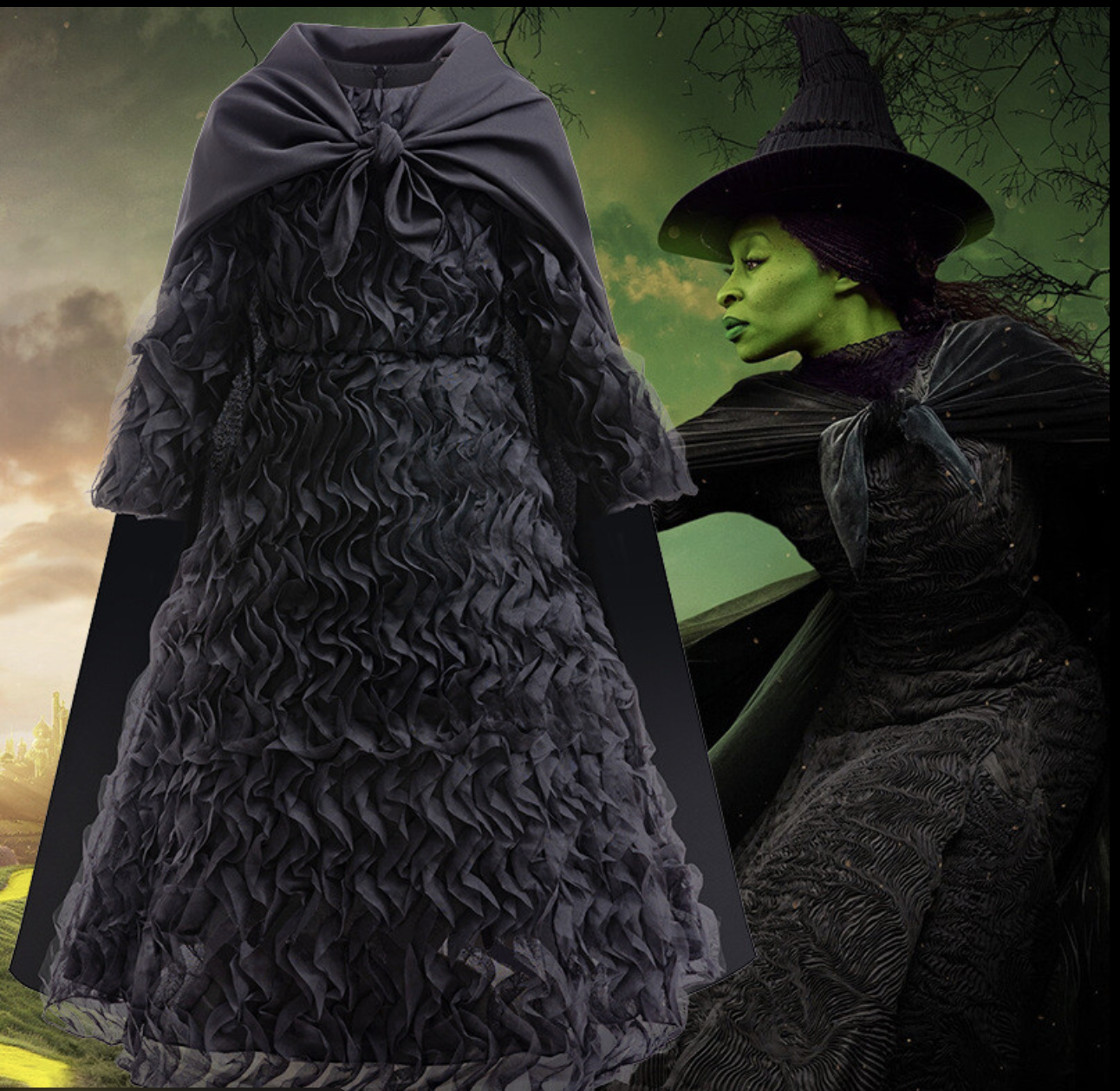
As the Powerball jackpot climbs into the hundreds of millions, Americans are going crazy for tickets. But why? Here’s the psychology and cultural obsession behind the Powerball frenzy.
Why Powerball Jackpots Drive America Wild
Every time the Powerball jackpot skyrockets, something fascinating happens in the United States: lines form at gas stations, office pools spring up overnight, and social media explodes with dream-filled posts about quitting jobs and buying islands.
Right now, with the jackpot climbing past $700 million, the excitement is palpable. But beyond the cash, what is it about the Powerball that captures America’s imagination like no other game?
It’s Not Just a Game — It’s a National Phenomenon
Powerball is no ordinary lottery. It’s a spectacle. The moment the prize pot gets massive, news outlets cover it, celebrities joke about it, and friends who never talk about money suddenly discuss “what they’d do with $700 million.”
This isn’t just about winning — it’s about hope. The Powerball jackpot gives people something to dream about. And in a world full of daily stress, inflation, and financial uncertainty, that fantasy is powerful.
Why People Keep Buying Tickets — Despite the Odds
We all know the odds are 1 in 292.2 million. That’s slimmer than being struck by lightning… twice. But still, people continue to play. Why?
It comes down to “psychological distance” — the brain’s way of ignoring reality when the reward feels life-changing. A $2 ticket feels like a small price for the chance to erase debt, buy a dream home, or help your entire family.
Even if people don’t truly expect to win, buying a ticket feels like buying a brief escape from reality.
The Bigger the Jackpot, the Bigger the Crowd
Jackpots of $100 or $200 million used to be big news. But today, the buzz doesn’t really kick in until the jackpot crosses $500 million. Why?
Experts say that once a jackpot hits that “mega” threshold, people who normally don’t play suddenly feel like they have to. It becomes cultural — like watching the Super Bowl even if you don’t love football.
And there’s another factor: “FOMO” — the Fear of Missing Out. When you see everyone else playing, you don’t want to be the only one who didn’t.
The Social Side of Playing
Powerball drawings become a group activity. Whether it’s coworkers pooling their tickets, couples daydreaming about what they’d do with the money, or families comparing numbers, the game connects people.
In fact, lottery pools tend to explode when jackpots rise. Offices collect money. Group chats fill with screenshots. It’s part competition, part camaraderie.
Even if no one wins, there’s something about the shared experience that makes it feel worth it.
What Happens After a Win?
For the few who do win, life changes fast — and not always in the ways they expect. Many lottery winners report feeling overwhelmed, even isolated. That’s why financial advisors always suggest hiring legal and financial experts before claiming the prize.
But for most people, the journey ends with checking the numbers, sighing, and saying “Maybe next time.” Yet by the time the next drawing arrives, they’re back in line with another ticket — and another dream.
So… Should You Play?
That’s up to you. If $2 buys you a few days of joy, hope, and playful imagination, maybe it’s worth it — as long as you play responsibly.
Just remember: Powerball should be about fun, not financial planning. Use it as a spark to imagine your dream life — and maybe even take steps to build it, jackpot or not.
Final Thoughts
The Powerball jackpot does more than hand out millions — it stirs a national daydream. It brings strangers together, sparks conversations, and keeps hope alive in a world that often feels uncertain.
So, whether you play or not, the next time the jackpot climbs into the stratosphere, just look around. You’ll see America caught up in a rare and shared feeling: possibility.

Trendloopdaily.com
Trendloopdaily





